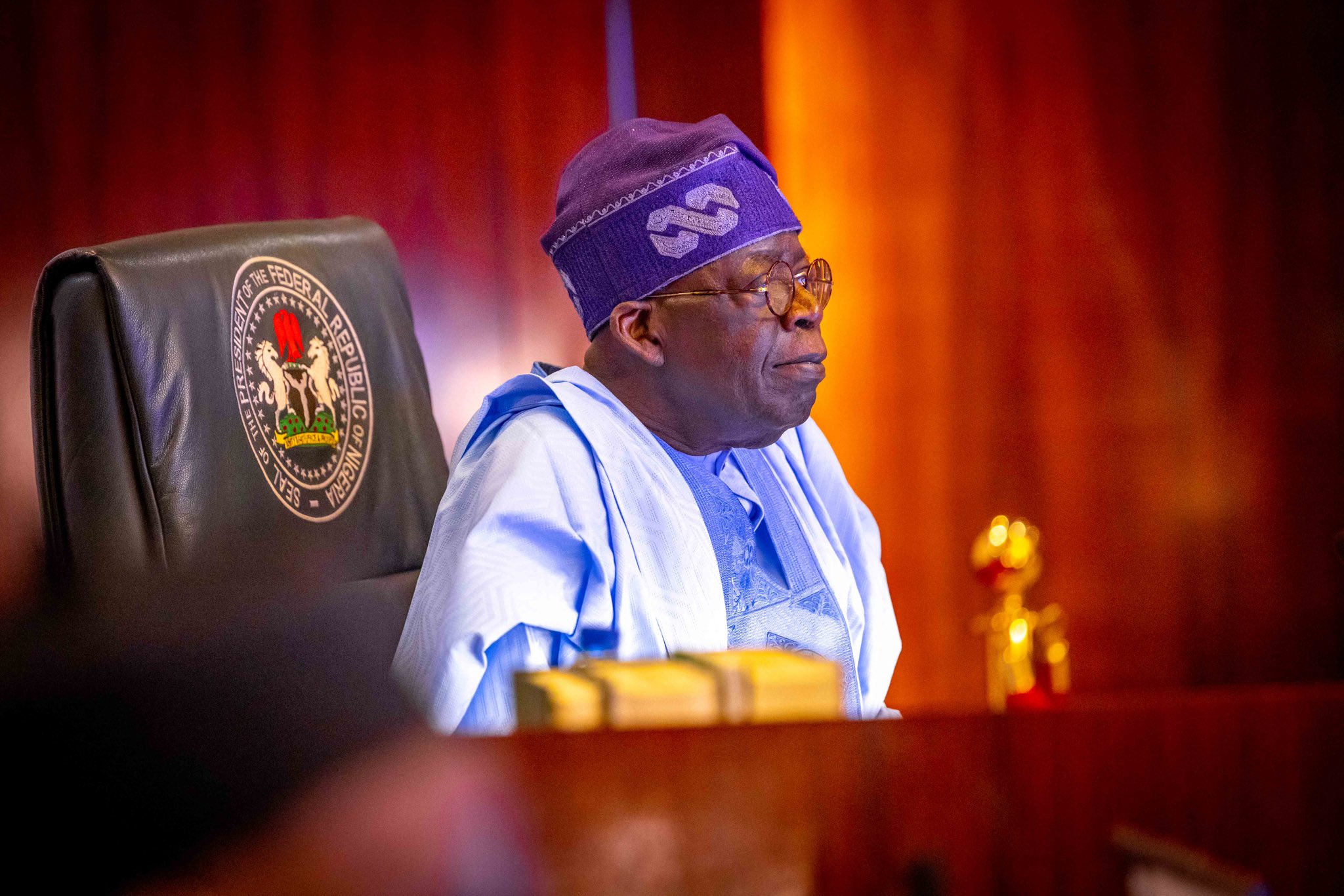Sen. Musa described the partnership arrangement for passport production as unjust and unacceptable and called for a thorough review

The national assembly has strongly condemned the unjust Public-Private-Partnership (PPP) arrangement of passport production by the Nigerian Immigration Service (NIS).
This is as it criticised the agreement, which allocates 70 percent of proceeds to consultancy firms and only 30 percent to the government, thereby short-changing the country and its citizens.
The agency came under fire on Monday during an interactive session by the joint national assembly committees on finance, national planning and economic affairs on the 2025-2027 Medium Term Expenditure Framework (MTEF) and Fiscal Strategy Paper (FSP) with agencies of the government.
The MTEF is a three-year rolling plan used as a framework for drafting the annual budget.
READ ALSO: Tinubu government defends borrowing despite surpassing revenue targets
Chairman of the joint committee, Sen. Sani Musa (APC, Niger East) described this situation as an unacceptable arrangement, calling for a thorough review of the agreement.
He said, “The so-called PPP arrangement must be reviewed or cancelled because Nigeria and Nigerians are seriously being short changed.”
The issue of disproportionate revenue sharing is not new as lawmakers have argued that allowing private firms to retain the lion’s share of proceeds not only deprives the government of much-needed revenue but also undermines public trust in government institutions and services.
In 2017, Sen. Andy Ubah, then Chairman of the Senate Committee on Interior, raised similar concerns. Ubah expressed shock that 70 percent of revenue generated by the NIS was siphoned off by private service providers, and he advocated for the termination of such “endless” contracts. At the time, he noted that these agreements often favored service providers excessively at the expense of government revenue and accountability.
The criticism was echoed by the then Senate President, Bukola Saraki, who described the revenue-sharing model as “ridiculous.” Saraki also questioned why anti-graft agencies had not launched investigations into the agreements, suggesting that a thorough probe was necessary to uncover any underlying corruption or malpractice.
This latest criticism from the national assembly adds renewed urgency to calls for reforms in the management of public-private contracts, particularly in critical areas such as passport production.



